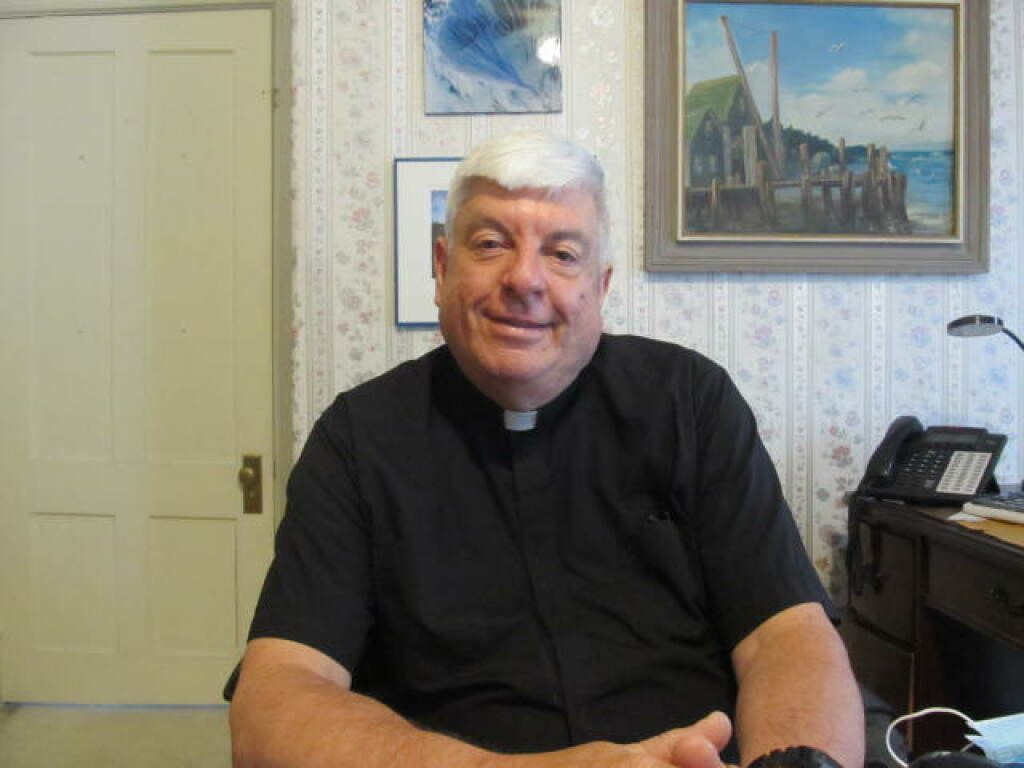 By his wounds we are healed
By his wounds we are healed
Recently, as I’ve reflected on the Easter stories in the Bible, I’ve become focused on the wounds of Jesus. If Resurrection is supposed to be about healing, the overcoming of the limitations of this life, and the destruction of sin, suffering and death—then, why does the body of the risen Jesus still have wounds?
In the case of Thomas, this was precisely the proof he needed, as we have just read in today’s gospel. I consider Thomas a particularly good witness to the Resurrection because he wasn’t a pushover, he wasn’t gullible. Even though all of the others kept telling him all week long that Jesus was risen, he refused to believe. He had to see for himself.
In a recent general audience, Pope Francis offered a beautiful reflection on the wounds of Christ. He refers to the physical wounds of Jesus of which we are all aware. Then he goes on to speak of the wounds of Jesus’ soul. Jesus is “alone, betrayed, handed over and denied by his own—by his friends and even his disciples—condemned by the religious and civil powers, excommunicated. Jesus even feels abandoned by God.”
The Holy Father then goes on to reflect on the wounds that we all bear: “Who does not bear the scars of past choices, of misunderstandings, of sorrows that remain inside and are difficult to overcome? But also of wrongs suffered, sharp words, unmerciful judgments?” He then adds: “God does not hide the wounds that pierced his body and soul from our eyes. He shows them so we can see that a new passage is opened at Easter.” In other words, Easter gives us a new way of understanding, and dealing with, our woundedness.
What do we do with our wounds? First, notice that Jesus doesn’t hide them; they are plainly visible for all to see. His wounds are reminders of how far his love will go: to the very last drop of blood. His wounds are there, not for himself, but for us, to remind us that love is always the answer.
There are a lot of wounded people all around us. Many of them come to my door: people who are sorrowing, at the point of despair, not knowing how they will feed their children, or pay all their bills. And when I help them, and I do so in your name because I wouldn’t have the resources without you, something remarkable happens. By thinking of the wounds of others I tend to forget my own.
The Holy Father makes the same point. “Our wounds can become springs of hope when, instead of feeling sorry for ourselves or hiding them, we dry the tears shed by others; when, instead of nourishing resentment for what was robbed from us, we take care of what others are lacking; when, instead of dwelling on ourselves, we bend towards those who suffer; when instead of being thirsty for love for ourselves, we quench the thirst of those in need of us. For it is only if we stop thinking of ourselves that we will find ourselves again.”
The risen Jesus still has his wounds because they are the signs of selfless love—a love that can free us. If, with selflessness, we think of others, we will be free. If not, we will be locked in our own woundedness, and never be healed.
You might also like
Father's Homilies




